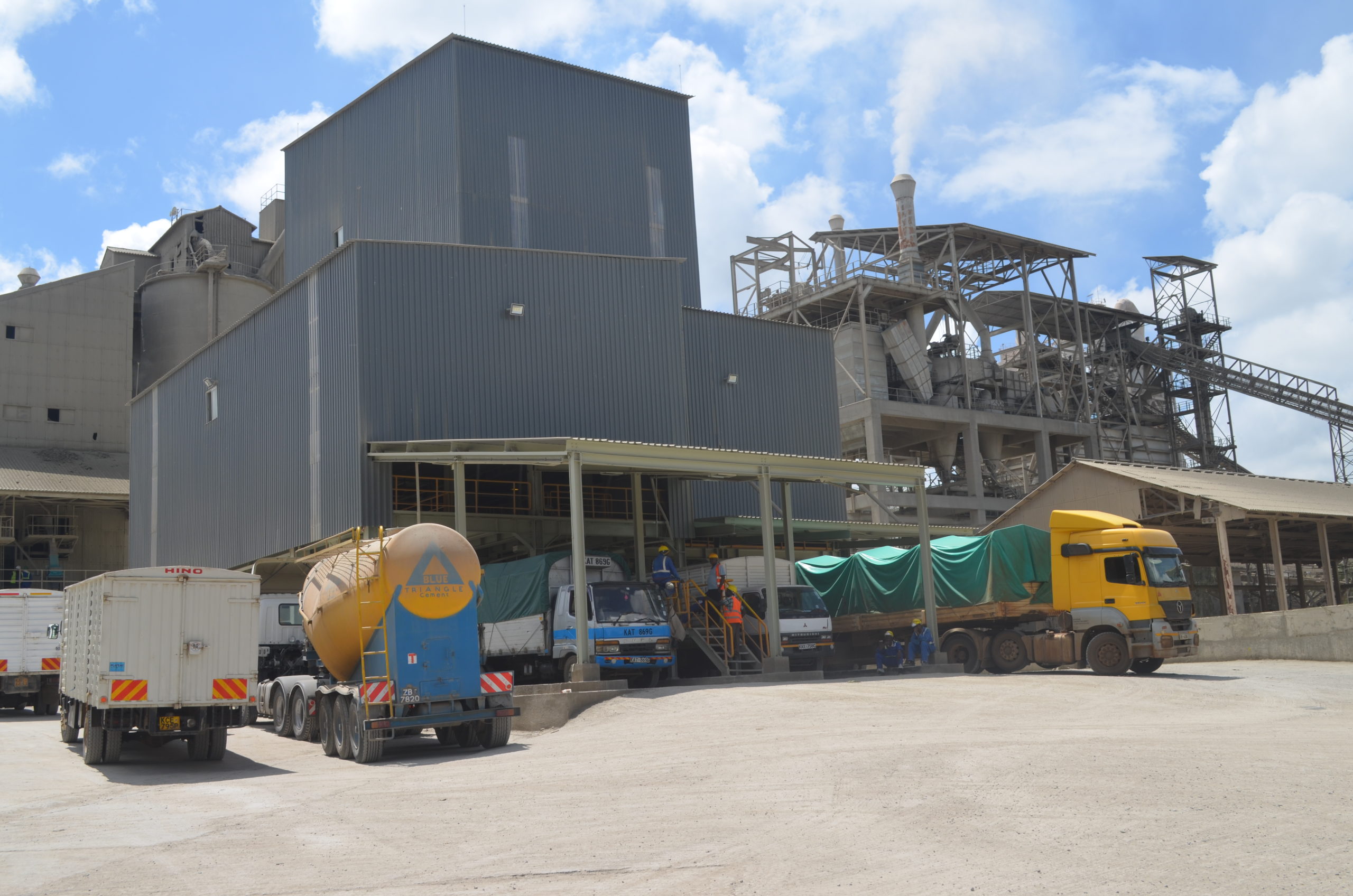News of the demolition process initiated by East African Portland Cement PLC in Athi River has ignited an impassioned response from Kenyans, with many taking to social media platforms to express their deep disappointment with what they consider an immoral and inhumane action.
Surprisingly, in stark contrast to this public outcry, East African Portland Cement PLC’s share price experienced a notable increase of 2.7 percent at the close of the market on October 16, 2023.
The apparent disconnect between the moral concerns raised by the public and the financial success of the company in the stock market raises questions about the motivations of investors and the dynamics of financial markets.
While moral concerns resonated loudly across social media and public discussions, the stock market seemed to march to a different beat. To comprehend this incongruity, it is imperative to explore the mindset of investors who, though often perceived as rational actors, can occasionally act in ways that defy common moral judgments. The stock market operates according to its own rhythm, influenced by data, earnings, and a long-term financial perspective.
In the case of East African Portland Cement, the market’s favorable response may be attributed to a dispassionate evaluation of financial data and prospects rather than a moral appraisal.
A critical factor contributing to this disjunction is the age-old struggle between financial interests and ethical considerations. Investors, primarily motivated by their bottom line, frequently prioritize financial gains over moral qualms. The stock market is inherently profit-driven, and, in many instances, ethical concerns take a back seat to the promise of financial returns. This harsh reality of the investment world often leaves the general public bewildered.
Another dimension of this disconnect lies in the differing timeframes considered by the market and the public. The market tends to focus on short-term profits, while public sentiment takes into account long-term moral and ethical considerations. The surge in share prices could potentially be a transient boost driven by opportunistic trading, while the public’s moral stance signifies a more enduring concern.
In light of the recent surge in interest and advocacy for ethical and sustainable investments, this situation serves as a stark reminder of the reality that most investors prioritize returns over matters such as climate change, humanity, or morality. Their primary objective remains securing the highest possible returns on their investments.
The response to East African Portland Cement’s actions also prompts us to consider how advocates for green investments and ethical business practices will navigate this complex landscape.
These events underscore the significance of corporate responsibility and advocacy and offer insights into the behavior of the market. It is hoped that the right lessons are drawn from this situation, leading to the formulation of new strategies in both the financial and moral realms.

















